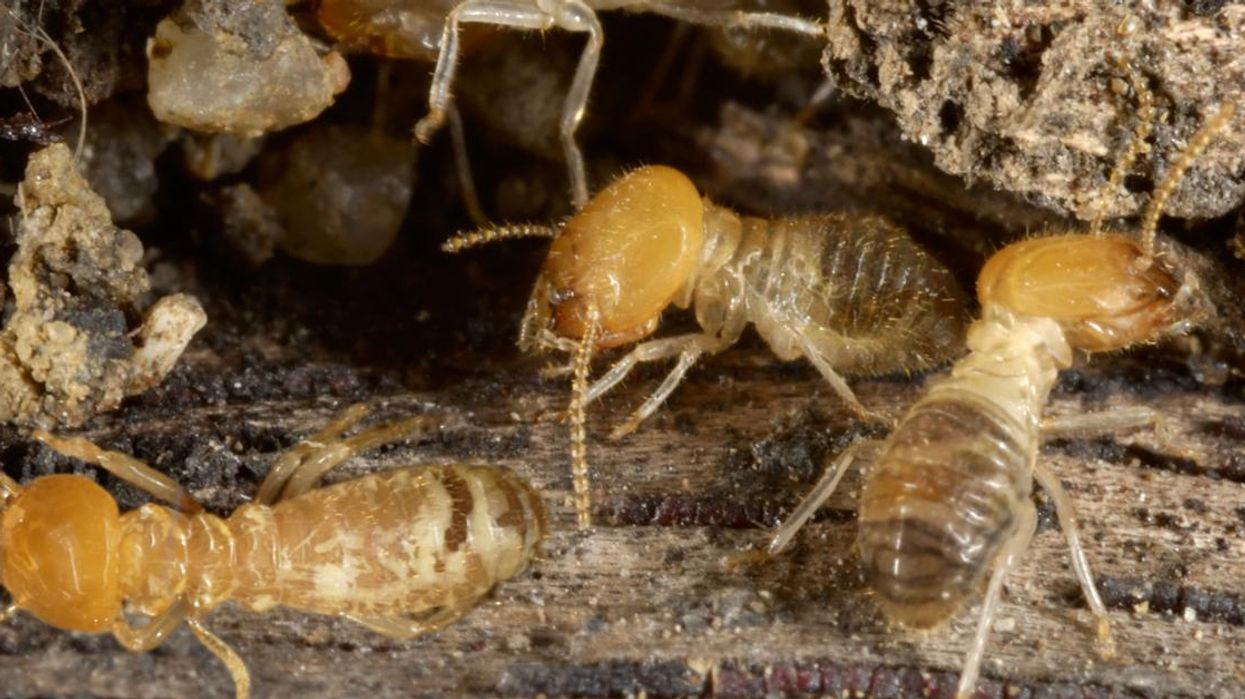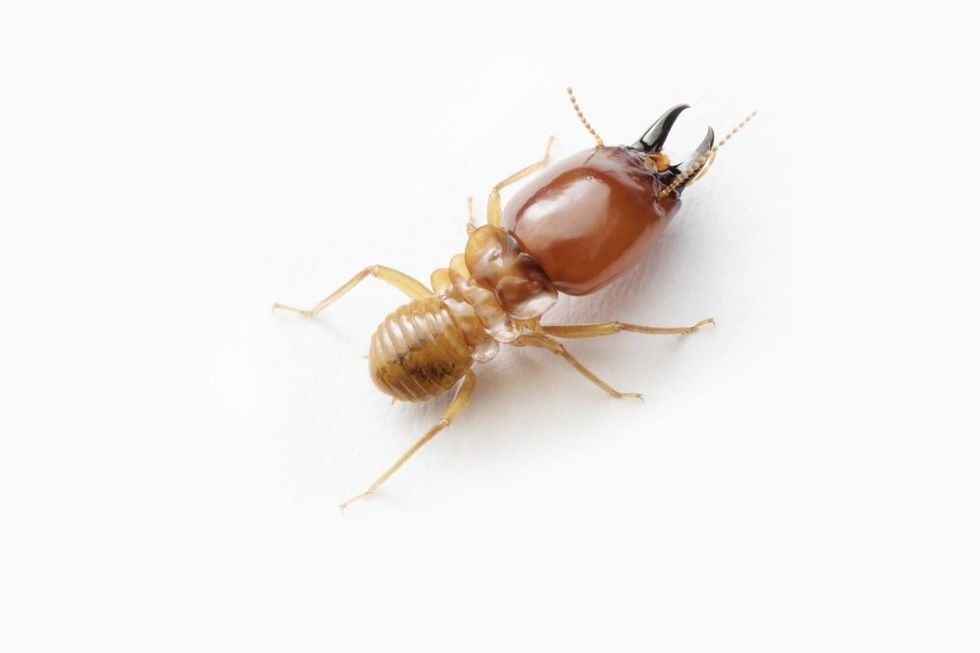News
Greg Evans
Mar 09, 2018

Picture:
Getty Images/iStock
In the British Army, potential recruits have to be between the ages of 18 and 29 to apply.
Indeed, only younger and fitter folks need to apply, as the idea of an older individual fighting on the front line would seem a little counterintuitive.
However, if you happened to be a termite, the opposite would occur on the battlefield, as it has been discovered that older members of their society are sent to the front line first.
A new study conducted by Biology Letters has found that older termites are typically the first line of defence against carnivorous ants who attack their nest.
As termites are social insects who all work together in order to protect their queen, termites grow into one of three different roles which will help protect their colony: workers, reproducers and soldiers.
As the soldiers grow older their heads become larger, which they in turn use to fill the gaps that the ants might use to enter their colony.
While this might result in almost certain death for the soldiers, they can at least attempt to protect themselves with their huge mandible claws which you can see in the image below.

This would suggest that termites operate their societies based on age polyethism, whereby safer tasks are assigned to younger insects, and the others take on more dangerous tasks as they grow closer to death.
You may question how this benefits the colony as surely a younger termite would be able to take care of an invading ant in a far more efficient manner?
The study would suggest that by using the older termites as the first blockade for the ants, the younger soldiers can then form a guard around the queen and wait for the ants to approach, should they get that far.
To learn this, the researchers conducted an experiment using five different colonies, where five workers and two soldiers were placed in a nest, with an ant eventually being introduced into the environment.
Every time the older soldier termite went to protect the nest, the older, sterile females were more likely to perform this heroic act than their male counterparts.
Just because they did this doesn't necessarily mean that the older termites were good at their job though. It just means that they were old and it was time for them to sacrifice themselves for the good of the colony.
By using the older members of their society in this way, termites are able to preserve the longevity of their colony and get the most out of every termite's individual life cycle.
In conclusion, the authors of the study write:
Our nest defence experiment showed that old soldiers went to the front line and blocked the nest opening against approaching predatory ants more often than young soldiers.
We also found that young soldiers were more biased toward choosing central nest defence as royal guards than old soldiers.
These results demonstrate that termite soldiers have age-based task allocation, by which ageing predisposes soldiers to switch to more dangerous tasks.
This age-dependent soldier task allocation increases the life expectancy of soldiers, allowing them to promote their lifetime contribution to colony reproductive success.
HT IFL Science
Top 100
The Conversation (0)












